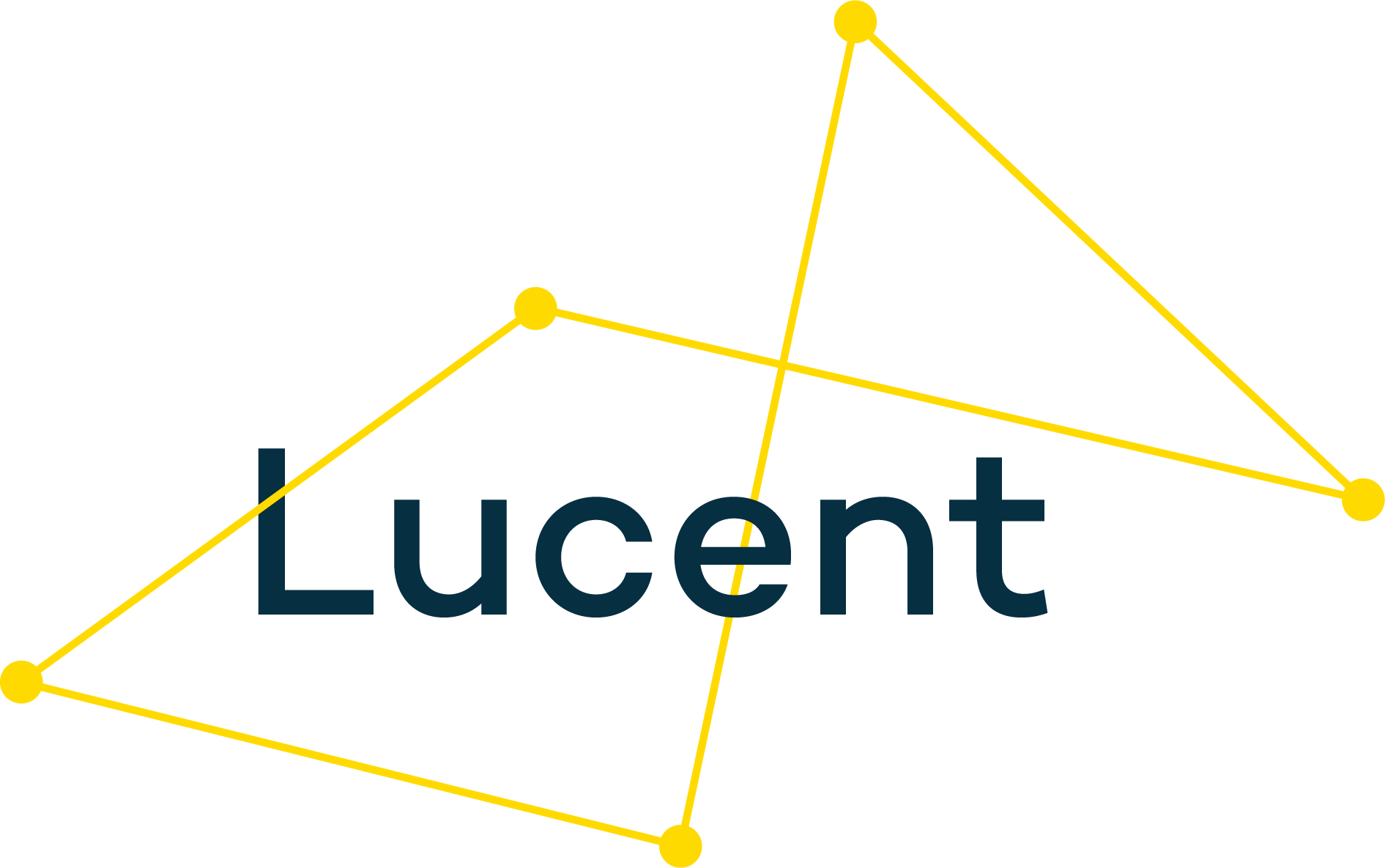Refreshing impact measurement for social change
“Rowing harder doesn’t help if the boat is headed in the wrong direction.”
In the field of social change, it is easy to engage in good work. The scale of injustice, discrimination and inequality means that, wherever we look, there is work to be done. But knowing how to differentiate between ‘good work' and ‘work that makes a lasting difference’ is complex.
That is why we were delighted to be asked by Carnegie UK to look at how to assess impact. Having just developed a new organisational strategy, a refreshed approach to impact and learning was a vital next step.
We worked alongside the staff team to deliver a new approach to impact measurement so that they had the confidence to adopt a different approach to impact that supported the organisation’s new strategy.
The project gave us some valuable lessons about how a new approach to impact measurement could lead to wider benefits for Trusts and Foundations looking to make a tangible difference:
1. Understanding context is key
Stakeholder interviews and a literature review demonstrated just how critical it is to have a full understanding of the environment in which you operate. In other words, ‘context is queen'. Our contact with other Foundations and those working to influence the policy environment points to the importance of one big trend: the widening gap between government, the public and civil society.
In a world where there is division, distrust and defensiveness, Foundations have a freedom to create space and time for civil society organisations and policy makers to come together, learn together, share intelligence and improve practice. Another consequence of falling trust in government is that Foundations need to ask themselves whether it is always right to target government policy as the end point for change and to recognise the moments when there is a need to engage the public or influence public opinion, before pushing for policy change.
2. Make the shift from ‘proving’ to ‘improving’
Any thinking about impact needs to move away from ‘proving’ impact to ‘improving’ practice. This shift in mindset can free organisations from a heavy reliance on measurement using what can be quite narrow, quantitative measures to adopting an assessment of qualitative and quantitative evidence to build a more rounded picture of impact.
Strongly linked to this, any work on impact needs to be part of a broader learning culture. Of great importance here is keeping your approach to impact assessment proportionate and adaptable – recognising that different programmes may require different assessments. Across the piece, using the lightest touch measures possible is important to avoid the risk of the assessment process itself becoming an ‘industry’ or a ‘beast that has to be fed'.
Ultimately, good impact assessment needs to change decisions made and inform future ways of working. Keeping an eye on this end goal of improving impact is critical.
3. Look for opportunities to stretch your impact work further
Putting in place a framework for impact assessment provides opportunities to think about areas of further stretch.
We have identified three. First, Foundations need to think beyond programmes or grant streams to consider what the Association of Charitable Foundations calls their 'total impact’. Whether that is use of endowment, operations, grantee experience, campaigning or other direct activity, understanding impact across the totality of a Foundation’s work is critical.
Second, there is considerable potential to use co-design and participatory methods within impact frameworks to make sure that, for example, affected communities can themselves specify the change that matters to them.
Finally, there is recognition that the organisation is only one part of making change happen. Understanding how the organisation contributes to change alongside other people and organisations is an essential part of developing thinking about impact in the future. For all Trusts and Foundations, here are some questions that could help you kickstart new thinking on impact:
How much learning and impact work has been focussed on reassuring ourselves we made good decisions vs. changing our practice?
How are you reflecting on your own power in the way you approach your impact and learning work? Are you sharing power with partners? Who gets to determine what is valuable?
How can you think and act as part of a network of other social change organisations to make collaborative efforts on the issues most important to you?
What indicators are you using to understand the context you work in? What opportunities are your stakeholders, staff and trustees being given to make sense of this context with you?
You can read more about our project with Carnegie UK here.
We are always happy to share our experience and talk to you about your own plans to develop your impact assessment work. Get in touch with us to begin your learning journey.
A version of this blog first appeared on the Carnegie UK website here.
Written by Katherine Rake, Director & Consultant

